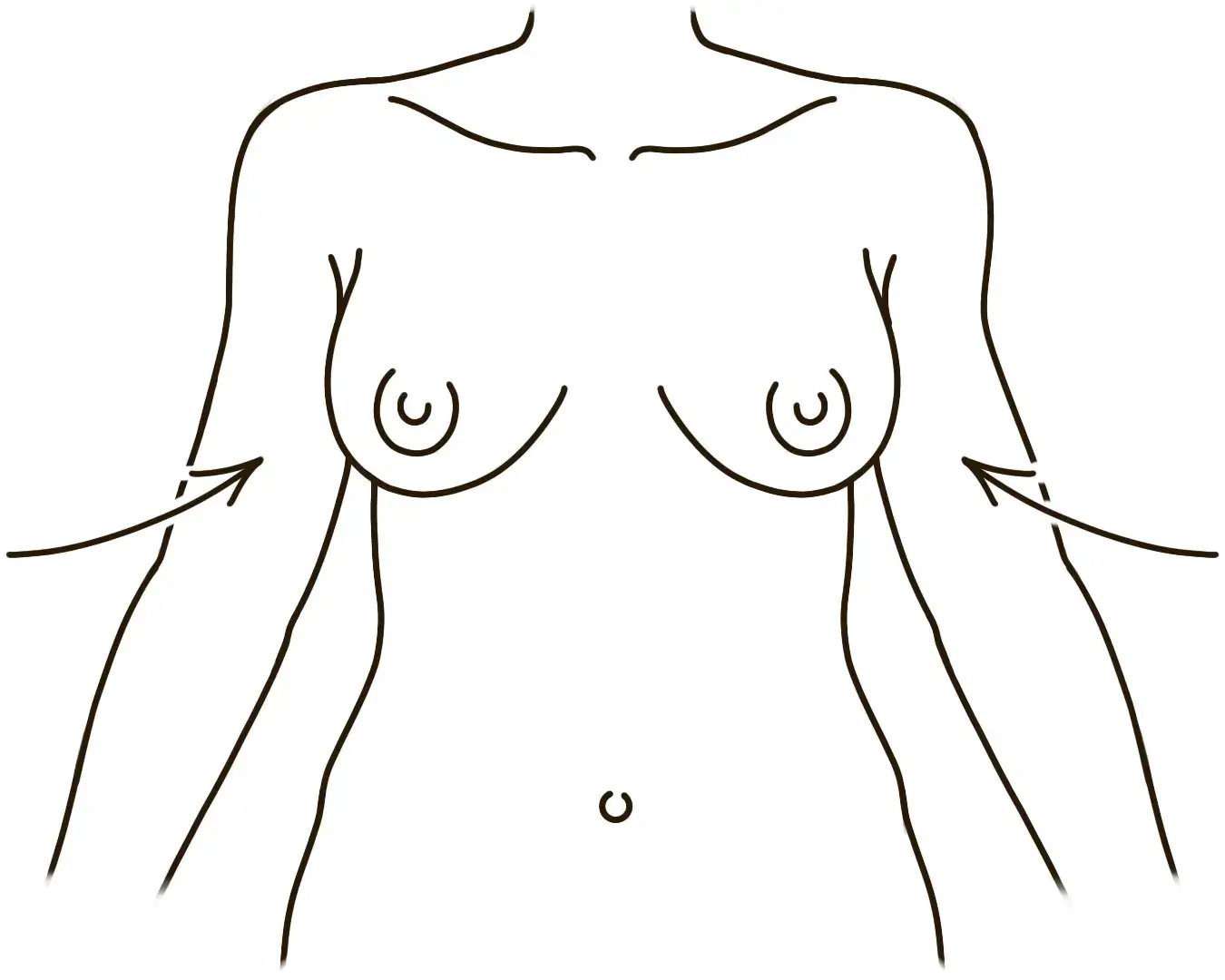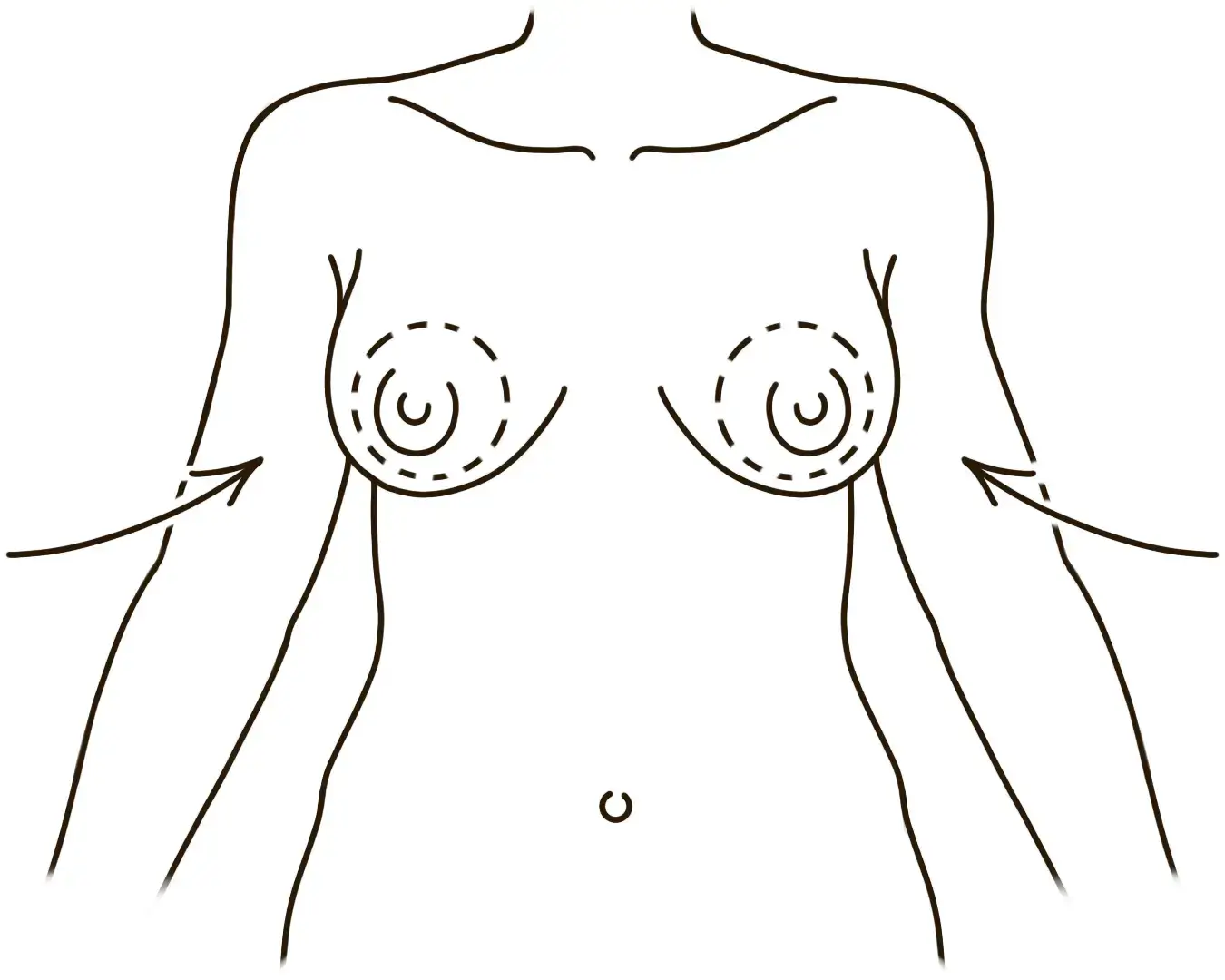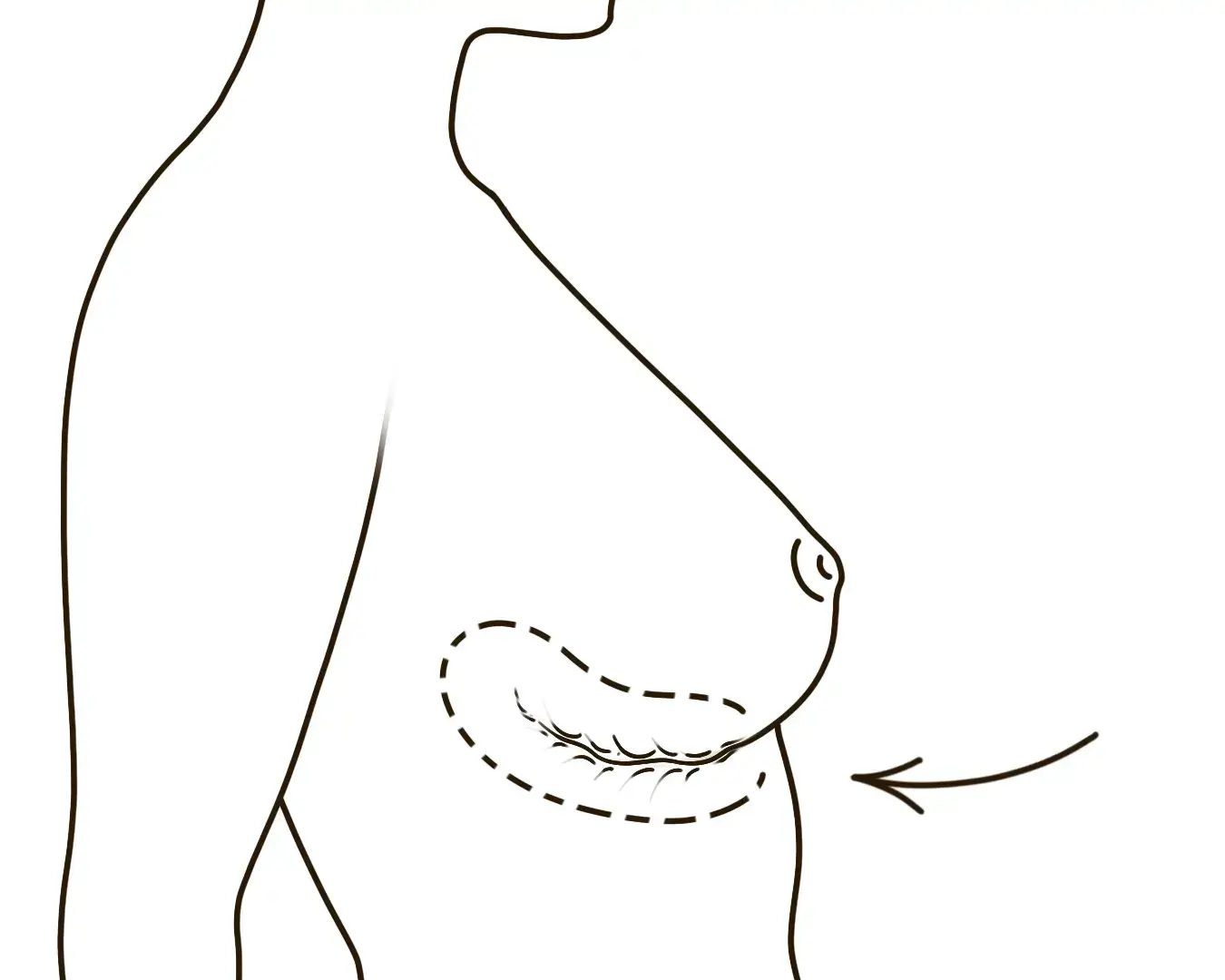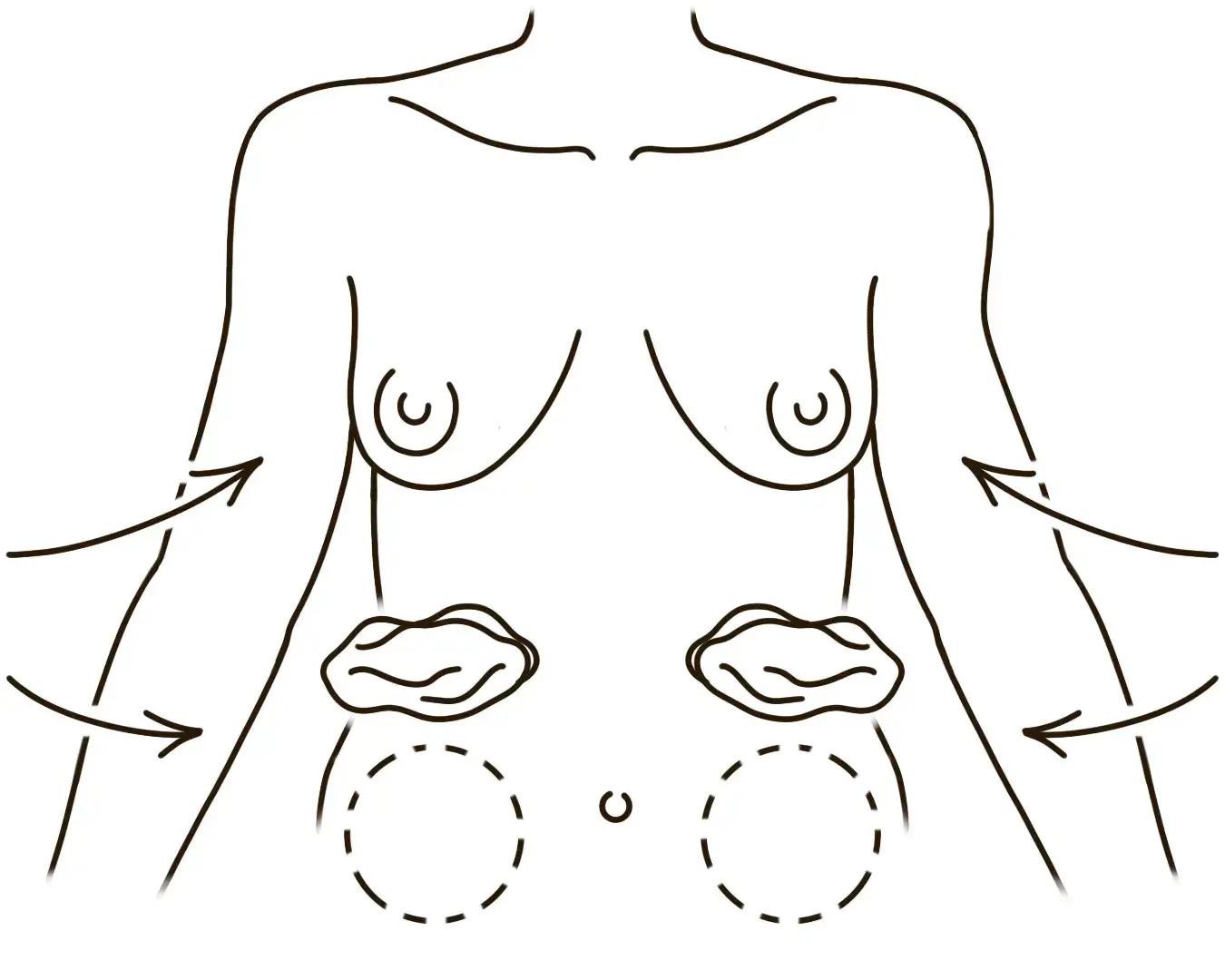A capsulectomy is a surgical procedure designed to remove scar tissue that forms around breast implants. This procedure is often required to treat capsular contracture, which can cause pain and distortion of the breast.
During a capsulectomy, the surgeon makes an incision to access the breast implant and the surrounding scar tissue. Depending on the case, the surgeon may perform a total capsulectomy, where all the scar tissue is removed, or an en bloc capsulectomy, where the implant and capsule are removed together. This surgery can be performed under general anesthesia or local anesthesia with sedation.
Yes, Dr. Meegan Gruber can perform awake capsulectomy surgery using local anesthesia without sedation, allowing you to remain awake but comfortable throughout the procedure. This approach is ideal for patients seeking a less invasive option with a potentially quicker recovery.
Recovery time varies, but most patients can return to normal activities within a few weeks. Swelling and bruising are common following surgery, and wearing a compression garment can help minimize these symptoms and support the healing process.
Capsular contracture can develop after breast augmentation due to the body's natural response to foreign objects, such as breast implants. Factors such as infection, hematoma, or the use of textured implants can increase the risk of developing capsular contracture.Capsulectomy surgery may be suitable if you are experiencing issues such as pain, discomfort, or distortion due to capsular contracture or if you wish to remove your breast implants for other reasons. A consultation with Dr. Gruber will help determine if you are a good candidate for this procedure and the best approach for your specific needs.
Capsular contracture can develop after breast augmentation due to the body's natural response to foreign objects, such as breast implants. Factors such as infection, hematoma, or the use of textured implants can increase the risk of developing capsular contracture.












